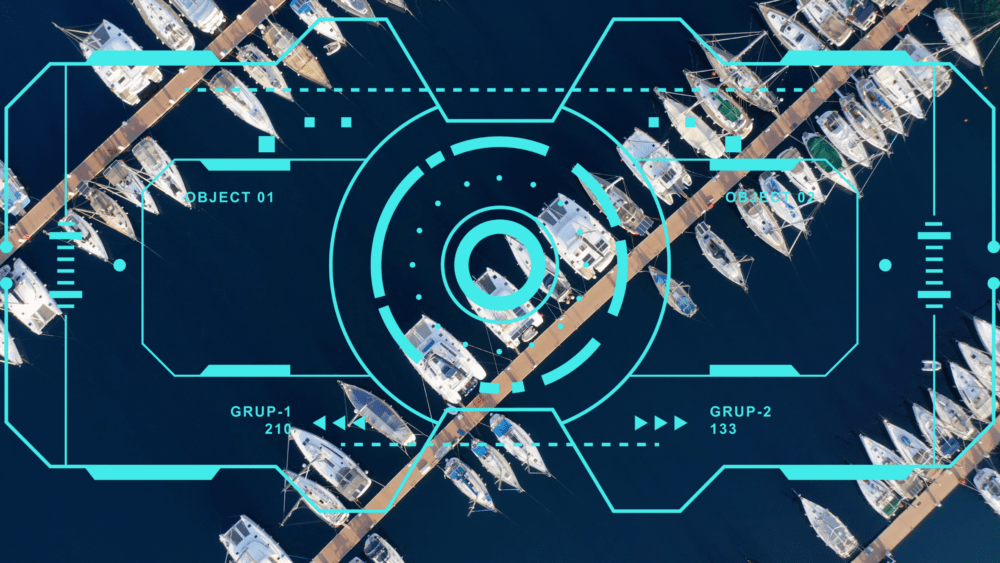
Technological transformation of marinas
Innovations such as artificial intelligence, the internet of things, 'big data', 5G technology or 'blockchain' are increasingly present in marinas. Often, their implementation comes from the hand of emerging startups. We have selected five startup projects that are leading the way towards smart marinas.

The digital revolution is full steam ahead. And full steam ahead.
But not everywhere in the nautical world is undergoing such a rapid transformation as in industrial or commercial ports. Marinas, for example, have mostly remained in a limbo of quiet refuge for recreational boats, although they are gradually becoming epicenters of technological innovation. This metamorphosis is being driven by a new wave of startups that see these maritime spaces as fertile ground for disruption and progress.
From smart mooring systems to real-time booking platforms to environmental monitoring and sustainable energy management solutions, startups are redefining what it means to be a marina in the 21st century. These young companies are not only improving the operational efficiency of marinas, they are also elevating the user experience to new heights.
PortSurveyor.AI de Ctrl4 Enviro
Ctrl4 Enviro is a highly innovative computer vision analysis technology company based in Barcelona. It was founded in 2006 from a research project with the Universitat Autònoma de Barcelona (UAB). It collaborates with several UAB research institutions and departments, such as the Machine Vision Center and the Statistical Physics Group, to achieve the best innovative solutions to challenging projects. Specifically, its mission is to apply technology to obtain information (sensorization) and use it to optimize resource efficiency and contribute to a sustainable planet. The headquarters is located at the UAB Research Park.
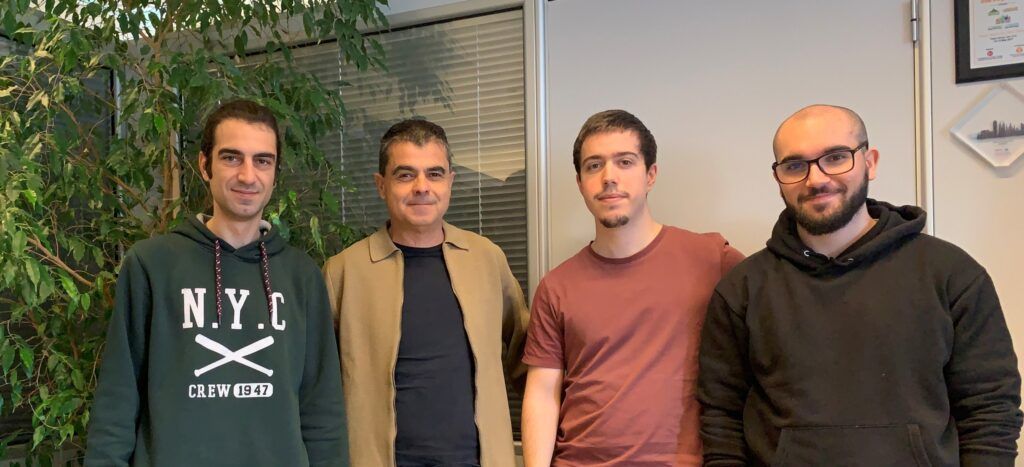
Anton Gomà Huguet, co-owner and CEO of the company, explains that, until some time ago, ports basically had three means of knowing the movements and mooring status of their water surface:
- the IAS signal from the vessels themselves via satellites
- the port RADAR
- the human view from the VTS control tower
But all three tools have important limitations.
To put an end to these limitations, PortSurveyor.AI proposes “a geolocation system based on multiple cameras that locate, identify and follow each floating artifact”, regardless of the size of the vessels. In this way, the VTS allows to know at all times all the transits within the port -including those for sports or leisure-, their length, speed and trajectories, which opens the door to an automatic prevention of collisions. Finally, PortSurveyor.AI also facilitates the mooring status of all vessels, large or small.
The system has already been tested in different marinas and leisure ports, so it is considered to be in what is called a TRL7 development stage. That is to say, the different technologies on which it is based (artificial intelligence, both machine learning and specifically deep-learning, calibrated with conventional positioning tools...) have been contrasted and now it remains to adjust aspects that allow the solution to be generalized to any port for its commercialization.
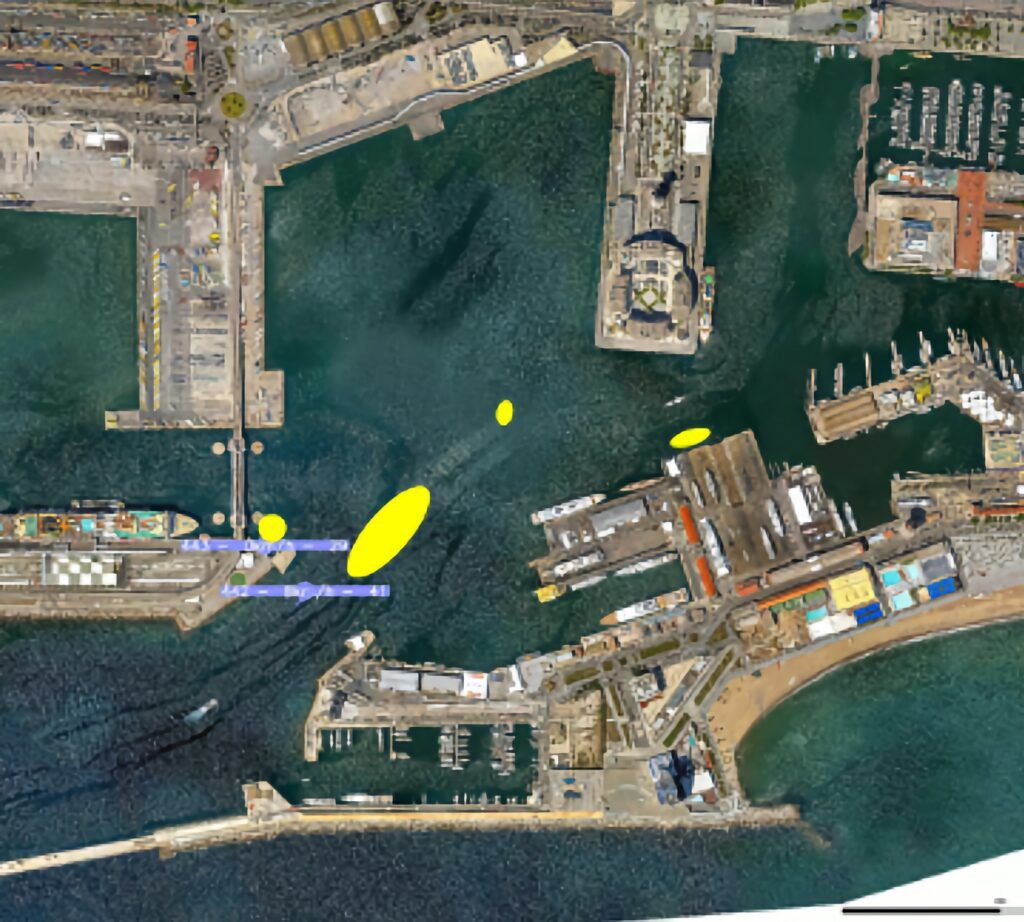
Metarina software
Metarina is a company that connects yachts with marinas through a centralized platform that allows you to easily plan a stay in any marina, using and organizing facilities and services without additional intermediaries and managing administrative tasks. The company was founded in 2002 by a team of passionate yachtsmen who combine a strong knowledge of the industry with an excellent technical background.
Eduard Compte Carles, product manager of Metarina, indicates that the startup “aims to digitize recreational ports that, marked by tradition and lack of digitization, offer a much more antiquated and uncomfortable user experience than what we are used to in other sectors such as hotels or car rental”. In this sense, the company's mission is “to offer new avenues of economic development for ports through the implementation of advanced technology.”
According to Compte, Metarina's technological solutions “allow ports to optimize the use of their resources, diversify the services offered and increase their profitability, thus creating a more sustainable and profitable environment in the long term.” The startup is currently “in a commercial phase marked by acceleration and scalability”.
The startup's product manager adds that “after consolidating our project with satisfied customers and driving it strongly in the market, we are preparing for an investment round that will allow us to significantly accelerate our growth. This investment will be key to bring our vision to an even greater reality”.
This is how they explain how their solution works:
The Viltec Marconn turret
Viltec is a company based in Girona that, during the last five years, has been dedicated to analyze all the needs of marinas and customers of marinas and campsites. Its goal is to redesign products that add value through technological innovation: satisfying new needs, improving ergonomics, offering a close and fast service.
The startup is at the forefront of the nautical sector with Marconn, a smart service turret suitable for ports, campsites and any other space requiring water and light supply. Viltec's Marconn turret is a project that emerged in 2018 with the aim of improving the functionalities, ergonomics and design of turrets, achieving 360º interior maintenance accessibility.
Another of Marconn's outstanding features “is the development of software that allows total control of the marina, providing data to make people aware of their consumption and providing ports with better management and control,” explains Miquel Vilanova Giménez, the startup's commercial director. In this way, “we transform the turret into an active object that helps them to report incidents, high consumption...”, adds Vilanova.
From the moment of its creation, the turret has been designed to be a sustainable and reusable product. The outer shell is constructed with polyethylene to give the turret a long life and also to be produced with recycled materials from the sea and from recycling plants, achieving a circular economy product. Marconn is already being commercialized.
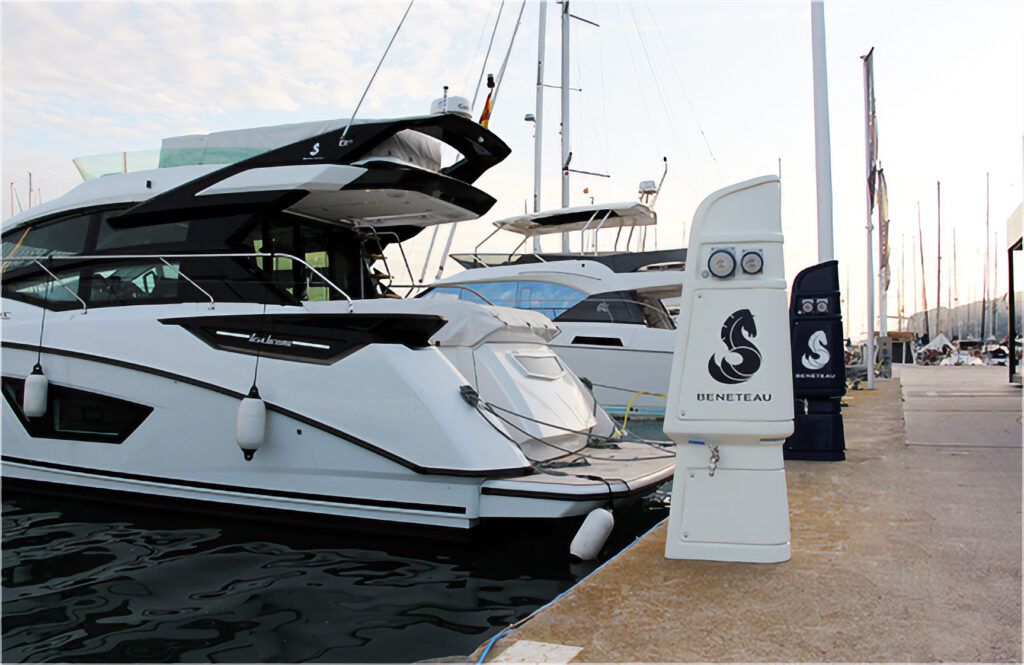
Opti’Sea
The French company Opti'Sea develops AI solutions for marinas. For more than 3 years, its team has been researching, innovating and developing 100% proprietary algorithms in order to ensure maximum performance by analyzing boat flows in the port, the frequentation of peripheral mooring areas or sensitive natural areas to be protected.
They offer three types of solutions: Opti'Park, for automatic management of free and occupied spaces; Opti'Traffic, for navigation flow analysis; and Opti'Access, for slipway management.
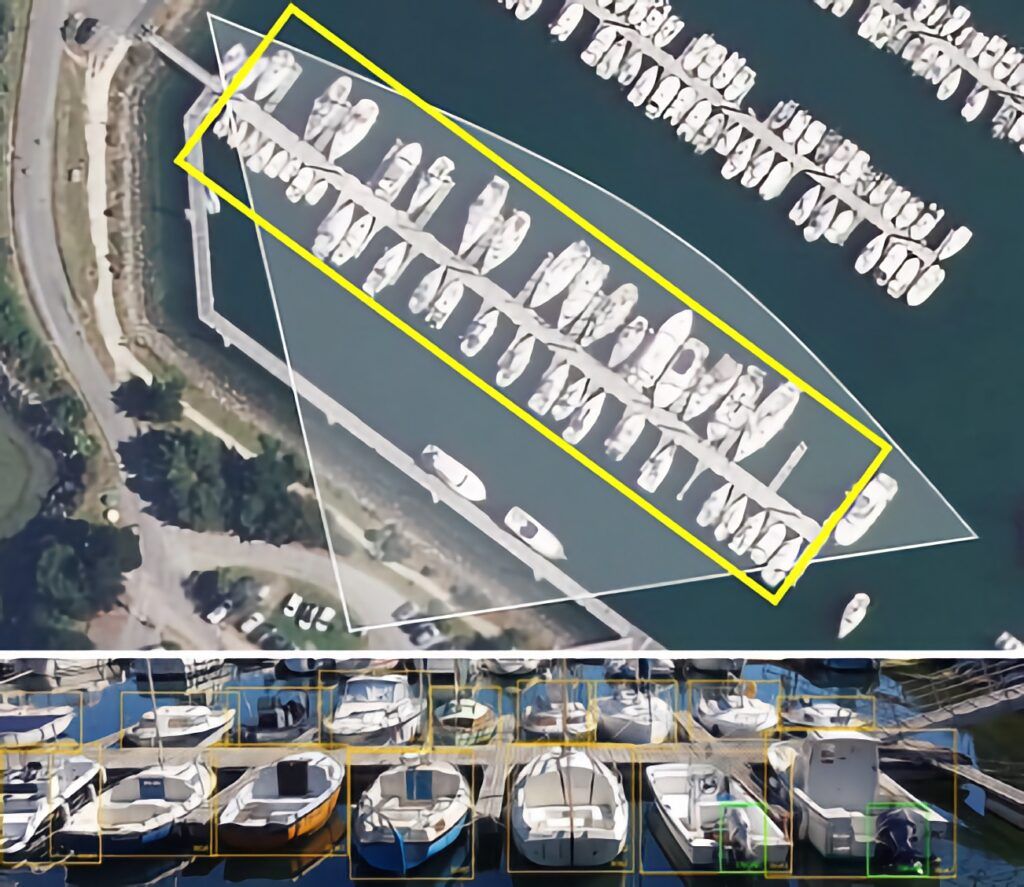
Qualitas Group/Qaisc
QAISC is part of QUALITAS, and is a partner along with PPLOCAN and CTIM of the Canarian Network of innovative entrepreneurship in blue economy.
QAISC seeks to help companies and governments better manage their resources, organize their operations, communicate with their customers and build a smart image by integrating data, artificial intelligence and science into innovative digital solutions.
Its projects and solutions integrate comprehensive engineering and consulting services, design, program management, implementation, delivery, post-implementation optimization, operation and maintenance, and lifetime performance monitoring. Its Smart Coast program offers recreational boat tourism management through a solution that integrates advanced technologies (PTZ cameras, electrical panels, etc.) that offers not only image and video content, but also allows the extraction of additional information from the scene through artificial intelligence - AI - (computer vision, deep learning, semantic interpretation, etc.).
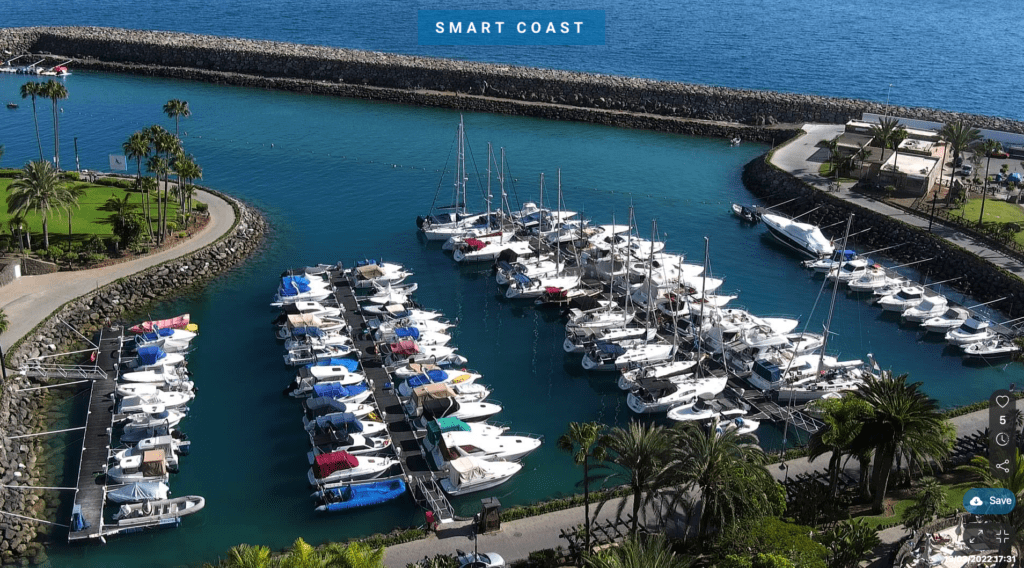
Technology has already arrived in the management of sport and recreational boating, and the operation of marinas will change at a frenetic pace. Users are going to encounter solutions like these more and more frequently, until they become normalized. As we have done in so many other areas of our personal, work and leisure lives.



